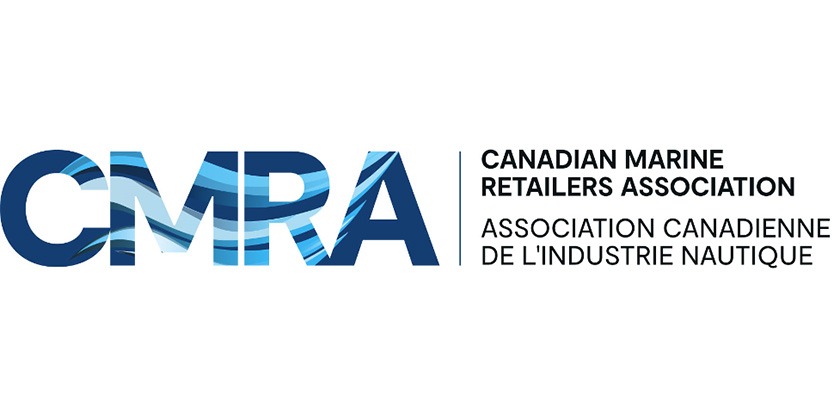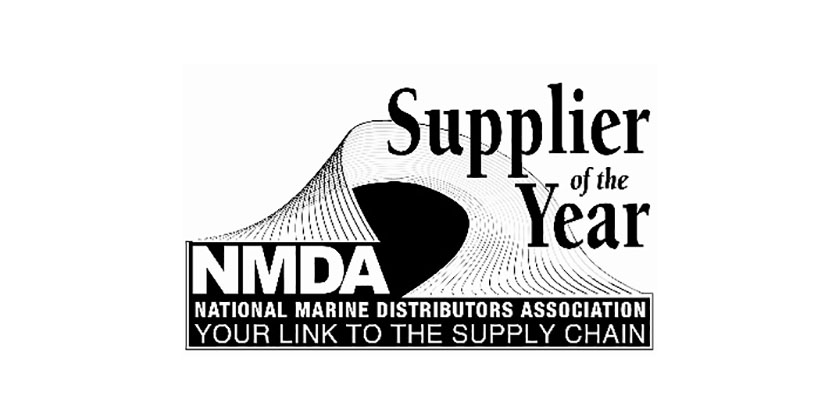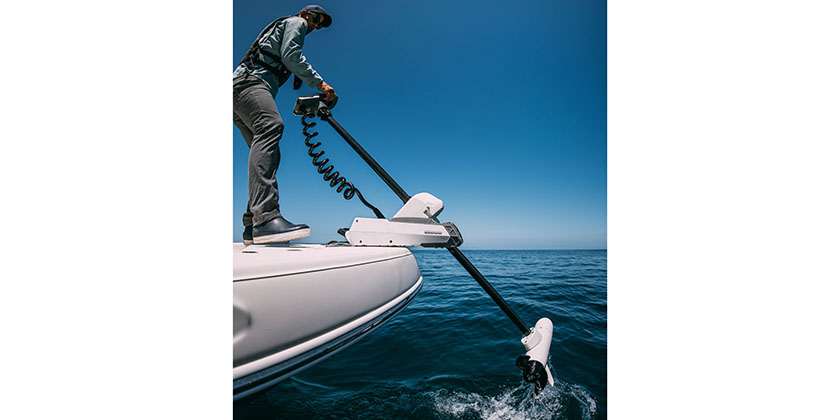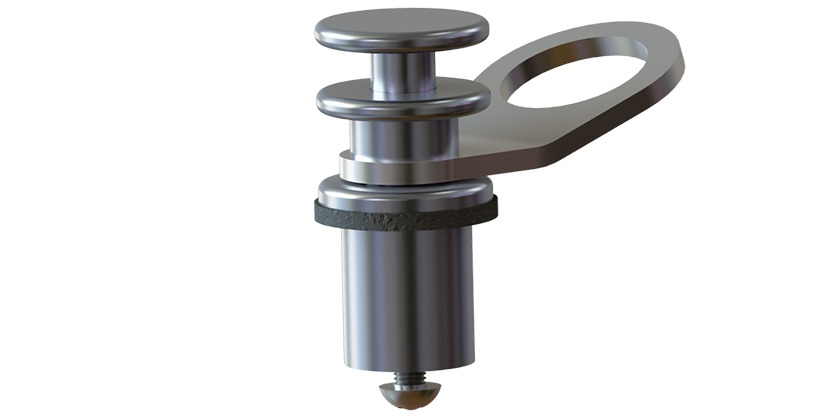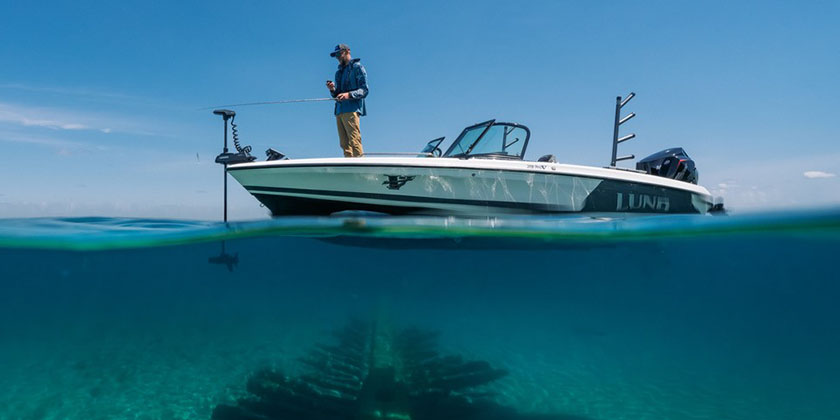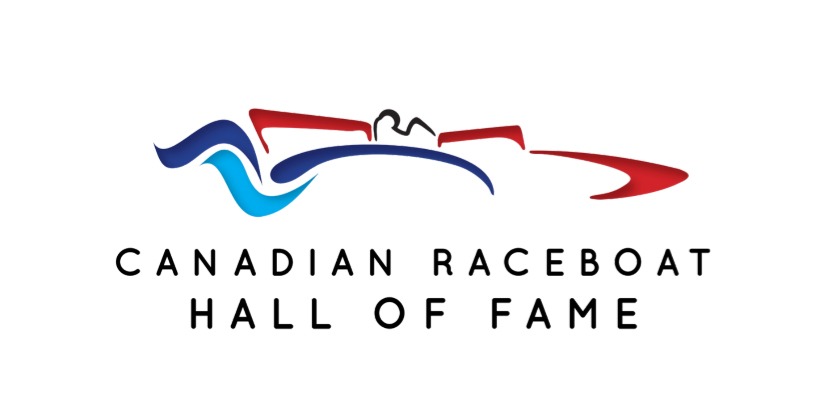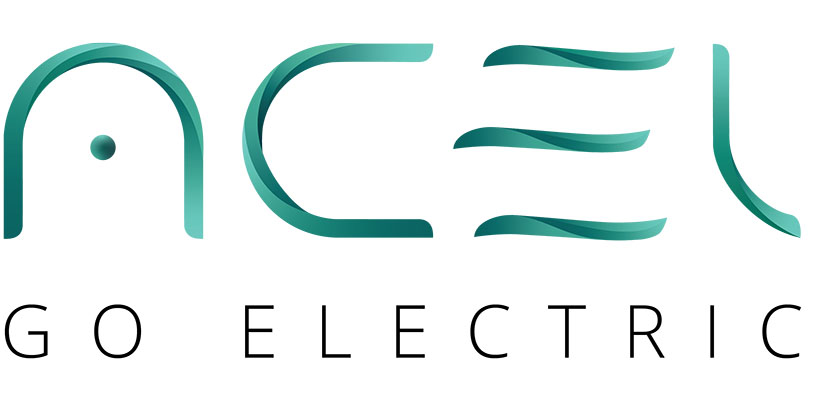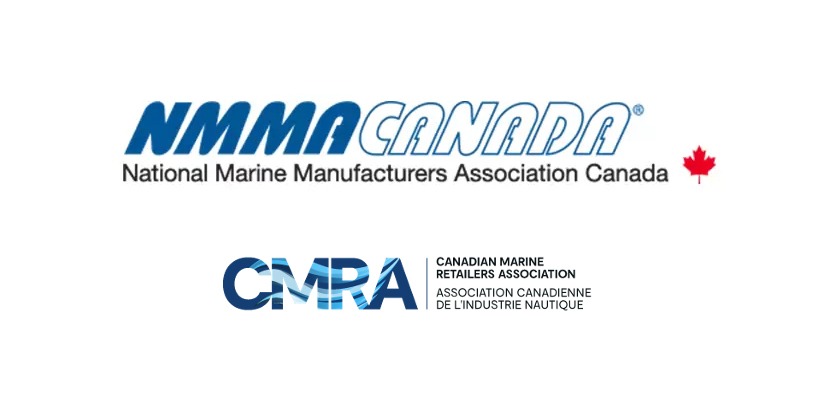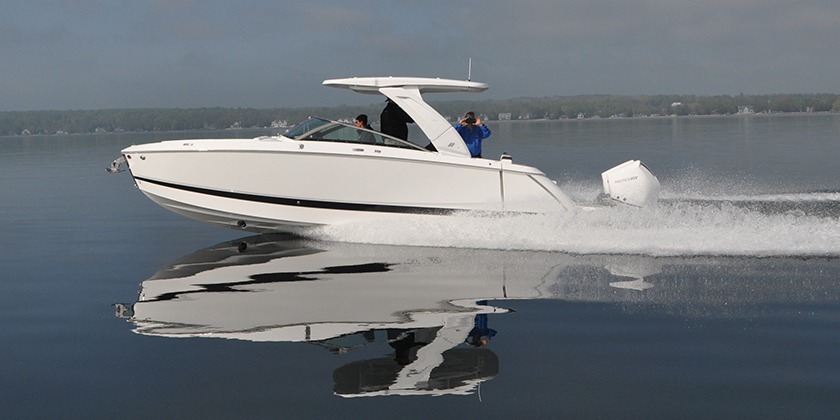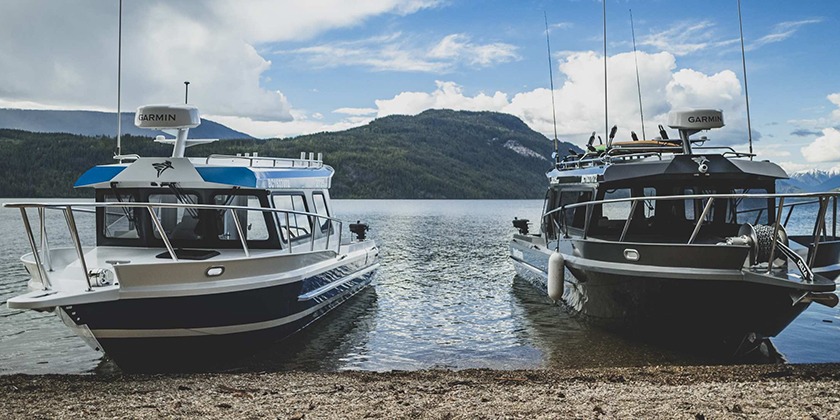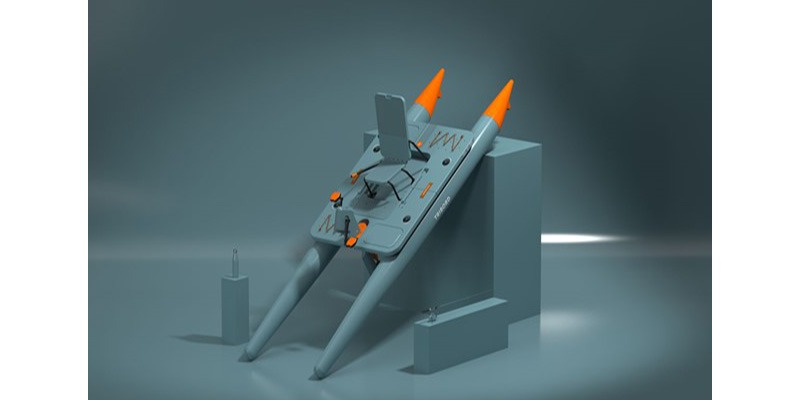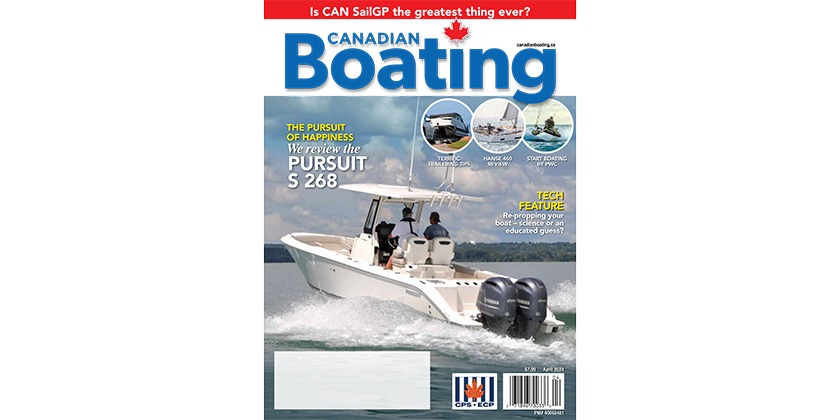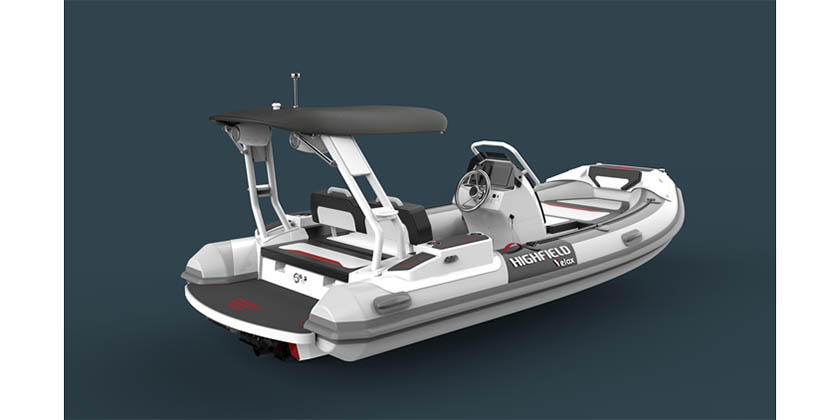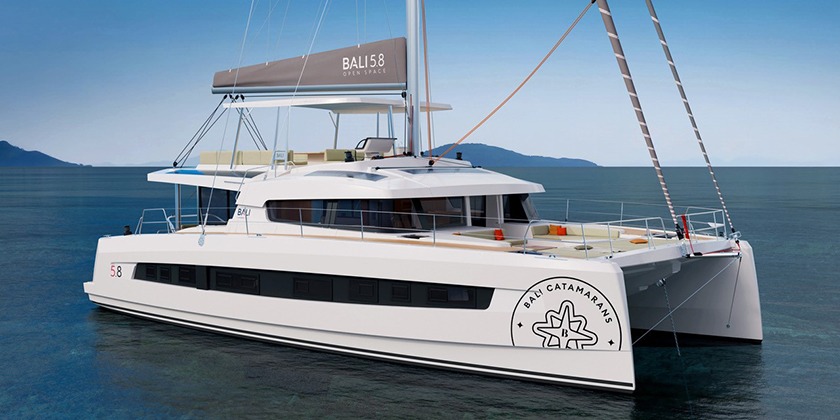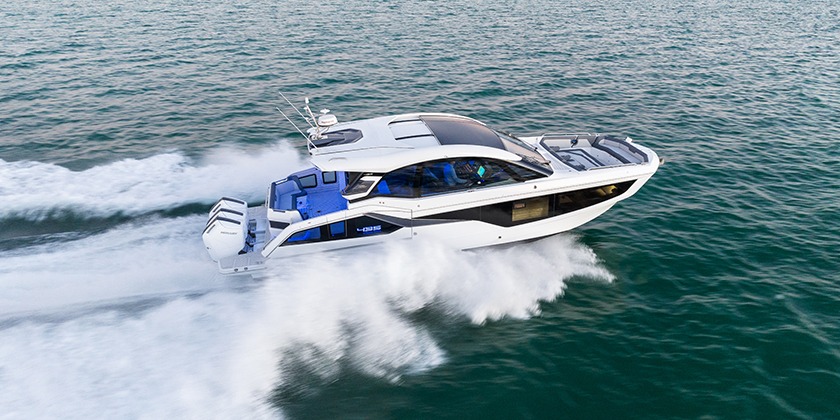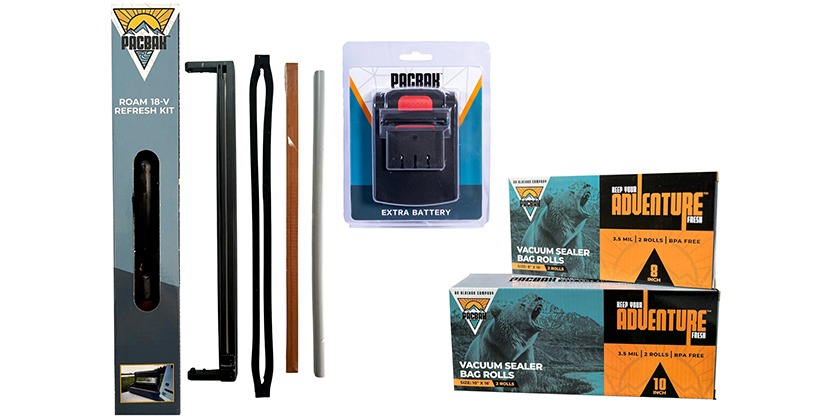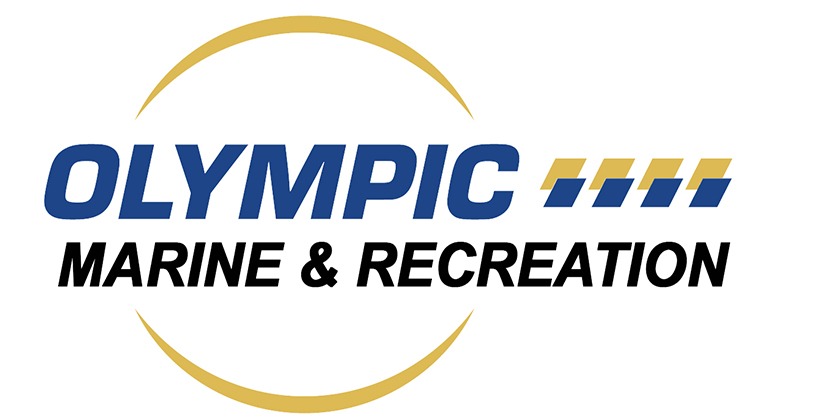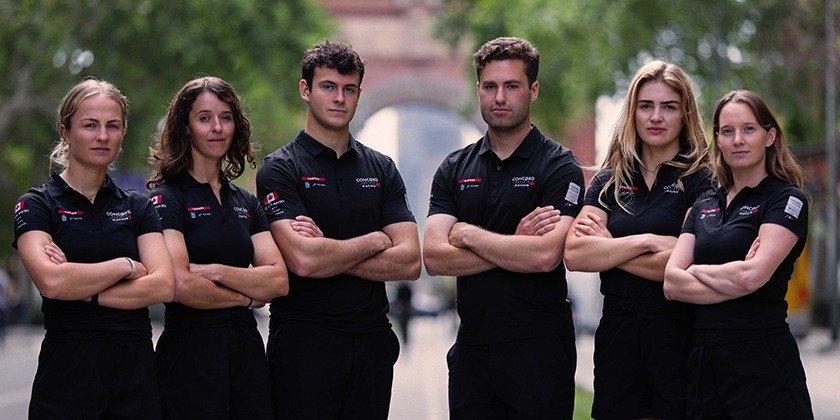SAFE BOATING WEEK – HYPOTHERMIA 101
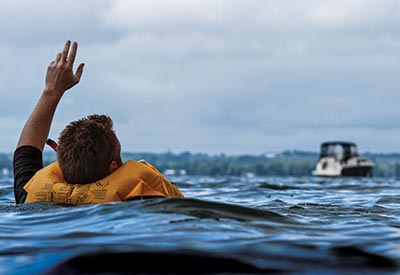
Hypothermia. Say it out loud and it’s an unpleasant sounding word.
But it has a simple meaning. It’s when the core of your body drops to abnormally low body temperatures and if it goes too low and for too long eventually your heart can stop.
Many Canadian boaters are aware of hypothermia but most are not aware that it is the ‘final stage’ your body reaches after being in cold water. Many people die during the first few minutes of immersion in cold water and they are not hypothermic, they simply drown due to the immediate, involuntary and often deadly effects of cold water.
If you accidentally tumble into cold water, the initial cold shock will make you gasp and if you are underwater you can breath in about a litre of water. If you are on the surface, your heart rate can skyrocket, your breathing will be uncontrolled and increase as much 600 to 1000 percent. You can expect panic to set in as well. For most, this initial shock will last about a minute and then the breathing will slowly come back under control.
Photo: Canada Safe Boating Council
Depending on the water temperature, over the next ten minutes or so you will experience Cold Incapacitation. As your body struggles to preserve its core temperature your limbs will become numb and your ability to self rescue or even simply continue to swim will become impaired. In cold water without a lifejacket, you will eventually become so incapacitated that you can no longer stay afloat.
If you do have a lifejacket on and have not been able to rescue yourself, even in the coldest water, you can expect to be conscious for about an hour and it will still be some time before you succumb to hypothermia. This will give rescuers plenty of additional time to find and rescue you.
There is one simple preventative measure that anyone can take to avoid drowning in cold water and to keep you floating if you become hypothermic. Wear your lifejacket. It guarantees that you will float, especially in those first critical minutes when just trying to catch your breath and figure out how to rescue yourself.
Learn more about Safe Boating Awareness Week 2015 by visiting the Canadian Safe Boating website at www.csbc.ca.

